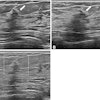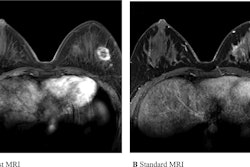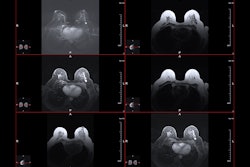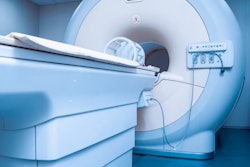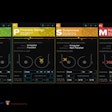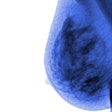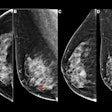Women with BRCA1/2 germline mutations are often denied breast MRI -- despite the fact that the exam is recommended for this population, researchers have reported.
The findings suggest that this high-risk group isn't getting the preventive care it needs – which could translate into worse disease outcomes, according to a team led by Sushmita Gordhandas, MD, of Memorial Sloan Kettering Cancer Center in New York.
"Denials for screening breast MRIs may [contribute] to a delay in diagnosis of breast pathology for [BRCA1/2 germline mutation] patients," she and colleagues wrote. The study results were published January 3 in Gynecologic Oncology.
It's recommended that women with BRCA1/2 germline mutations undergo annual breast MRI and mammography, the team wrote. But these exams aren't always approved by insurance companies, it explained.
The researchers investigated the frequency of insurance denials for annual breast MRIs in women with this genetic variant and reviewed exam denial trends via a study that included data from 682 women with BRCA1/2 germline mutations who had screening breast MRIs ordered between 2020 to 2021 at a high-risk breast cancer clinic. The team tracked whether the exams were performed and assessed rates of exam denials and disease outcomes.
Of the 682 women included in the study, 318 (47%) had BRCA1; 356 (52%) had BRCA2; and eight (1%) had both mutations. Seventy-three women (11%) were denied the breast MRI exam.
The group reported the following:
- Women insured through Medicaid had the highest rates of denials (7% in 2020 and 18% in 2021), followed by those with commercial insurance (6% in 2020 and 9% in 2021).
- There were more breast MRI exam denials in 2021 compared to 2020 (p=0.044). Exam denials in 2021 were more likely to be denied on appeal.
- Of women with denials, four (14%) in 2020 and five (11%) in 2021 did not have a screening MRI performed. The group also found that one patient with ductal carcinoma in situ (DCIS) had an MRI denial prior to diagnosis.
"Breast MRI insurance denials were present in 11% of this high-risk cohort, and 1% of women with denials did not undergo annual screening," Gordhandas and colleagues noted.
The increased exam rejections in 2021 do not bode well, according to the group.
"There were significantly more denials in 2021, suggesting worsening barriers for these patients and added burden on providers to appeal for appropriate screening tests," it concluded.
The complete study can be found here.
